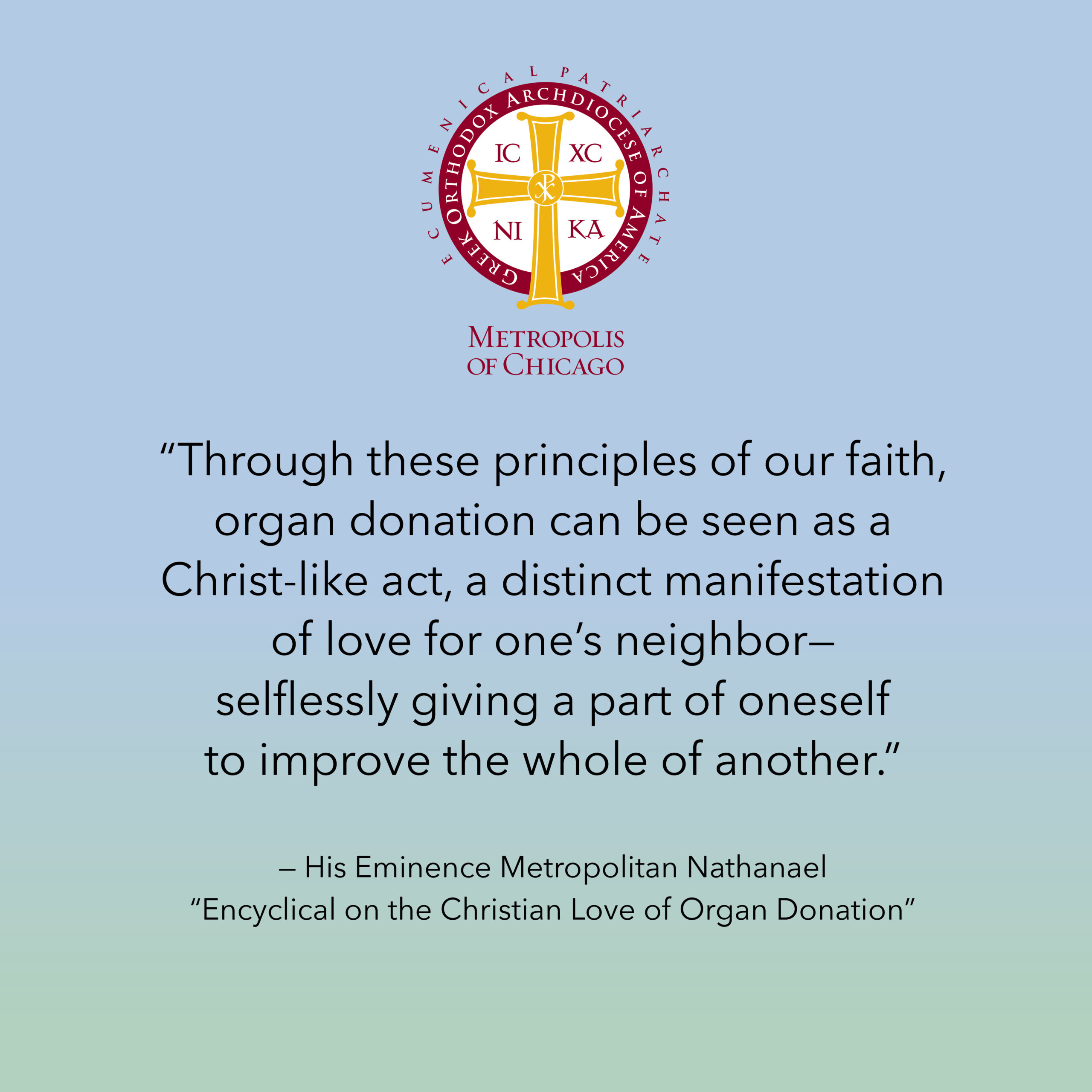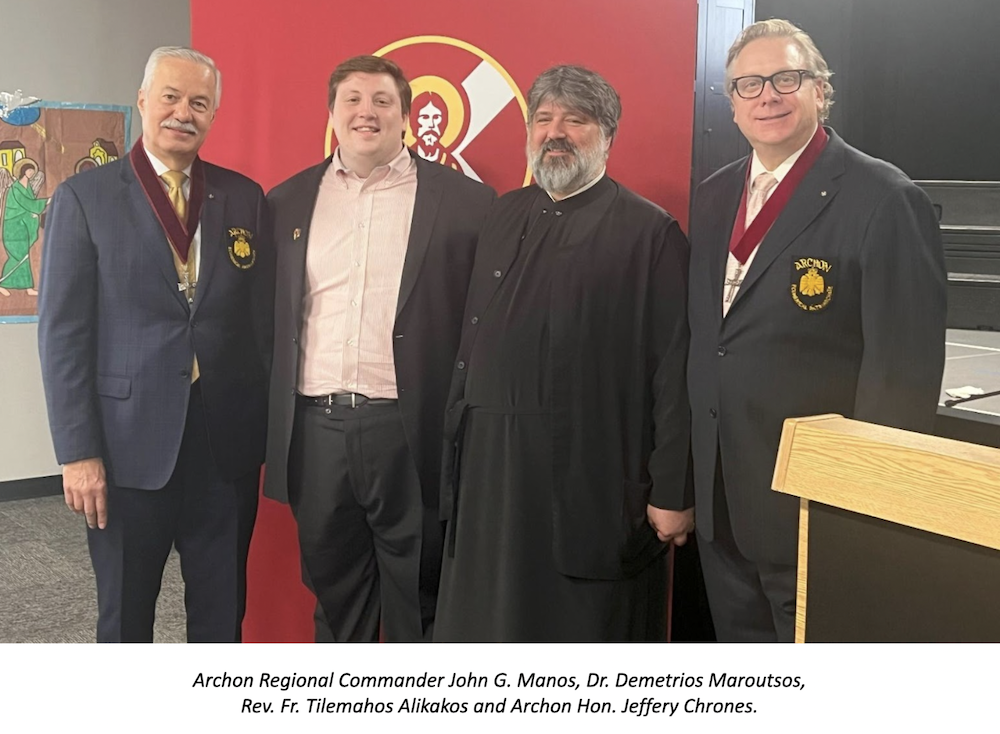By: Rev. Fr. Apostolos Georgiafentis – Assumption Greek Orthodox Church (Chicago, IL)
 Some time ago, I went with Presbytera Sophia to visit her parents in Connecticut. They live about ten minutes away from the Atlantic Ocean. While we truly look forward to the visit with Presbytera’s family, we also look forward to walking the beaches of the east coast and listen to the silence of nature as its waves hit the sand and its seagulls sing us a new song. There is also something to be said about the sight of the ocean’s water and its movement, as it too delivers a different balm to the soul. There is such a peace, a tranquility for the mind that relieves the rapid pettiness of our thoughts. Others have shared that they experience this silence or stillness in the middle of a forest or a mountain range. Ultimately, we all yearn to sit or stand in the silence of a Church and wait for the small, sweet sound of God’s voice. Stillness or hesychia is a crucial need for the soul to rest.
Some time ago, I went with Presbytera Sophia to visit her parents in Connecticut. They live about ten minutes away from the Atlantic Ocean. While we truly look forward to the visit with Presbytera’s family, we also look forward to walking the beaches of the east coast and listen to the silence of nature as its waves hit the sand and its seagulls sing us a new song. There is also something to be said about the sight of the ocean’s water and its movement, as it too delivers a different balm to the soul. There is such a peace, a tranquility for the mind that relieves the rapid pettiness of our thoughts. Others have shared that they experience this silence or stillness in the middle of a forest or a mountain range. Ultimately, we all yearn to sit or stand in the silence of a Church and wait for the small, sweet sound of God’s voice. Stillness or hesychia is a crucial need for the soul to rest.
Hesychia is the Greek word often translated into English to mean the spiritual stillness necessary for prayer. Archimandrite Vlachos, in his book Orthodox Psychotherapy, defines a hesychast as, “a person who is struggling in an atmosphere of stillness.” The Philokalia defines hesychia as, “a state of inner tranquility or mental quietude and concentration which arises in conjunction with, and is deepened by, the practice of pure prayer and the guarding of the heart and intellect. Not simply silence, but an attitude of listening to God and of openness towards Him.” This kind of listening prayer is hesychastic because it requires a silencing of the mind.
To achieve silence: Metropolitan Kallistos Ware says that “this is of all things is the hardest and the most decisive in the art of prayer. Silence is not merely negative – a pause between words, a temporary cessation of speech – but, properly understood, it is highly positive: an attitude of attentive alertness of vigilance, and above all listening. The hesychast, the person who has attained hesychia, inner stillness or silence, is par excellence, the one who listens. He listens to the voice of prayer in his own heart, and he understands that this voice is not his own but that of Another speaking within him.”
Many holy men and women recommend that you pray and sit in silence in the morning hours. This is the best time. Wash your face and follow your prayer rule (given by your spiritual father) and complete it by sitting in silence, perhaps five or ten minutes listening to God. Psalm 46:10 “Be still and know that I am God.” If you spend a few minutes every day praying The Jesus Prayer, we will be more involved in the lives of those around us. Saint Seraphim of Sarov says “acquire inner peace and thousands around you will find salvation.”
Through the prayers of our Holy Father Metropolitan Nathanael, may we have a blessed and fruitful Great Lent.



